How the Cost of Living Crisis is Impacting Property Sale
Specifically Residential Property

The cost of living crisis has become a topic of conversation in nearly every UK household, and it’s no surprise that it’s also having a big impact on the property market. With rising prices across everything from energy bills to groceries, people are feeling the pinch. But how exactly is this affecting property sales? And is there still hope for buyers and sellers in this challenging economic environment? Let’s dive into the details.
Buyers Feeling the Squeeze
For potential homebuyers, the cost of living crisis has made getting onto the property ladder more difficult. Many buyers are finding that their disposable income has shrunk, and with that, their ability to save for a deposit has been impacted. Increases in food, fuel, and utility costs mean less money is being saved each month, making it harder for people, particularly first-time buyers, to amass the necessary funds for a down payment.
To add to the difficulty, mortgage lenders are becoming more cautious. Banks are tightening their lending criteria, which can make it more difficult to secure a mortgage. With affordability checks being stricter and interest rates creeping up, some buyers are being approved for smaller loans than they might have expected pre-crisis. This can force buyers to lower their expectations, looking at smaller homes or properties in less expensive areas, or even pausing their property search altogether until financial conditions improve.
Sellers Feeling the Pressure
For sellers, the cost of living crisis is also creating unique challenges. On one hand, sellers are seeing a drop in the number of potential buyers able to make competitive offers due to affordability constraints. Some may find themselves needing to lower their asking price or be open to negotiations to secure a sale, especially in areas where the market is cooling off.
There is also the issue of rising household costs, which could push some homeowners to sell their properties. For example, with energy bills on the rise, maintaining larger homes has become increasingly expensive. Many homeowners are now considering downsizing to reduce costs, but this decision comes with its own complications. Selling in a market where buyers are stretched means it may take longer to secure a sale or achieve the desired asking price.
Despite these hurdles, the property market hasn’t completely stalled. Sellers are still finding success, particularly if they are realistic about pricing and flexible about timelines. While traditional property sales through estate agents may slow down, there are still ways for sellers to get a good deal.
Opportunities for Investors
The cost of living crisis, while difficult for many, does open doors for property investors. Investors who are financially stable and have access to cash can take advantage of the current market conditions. With fewer buyers in the game, investors have less competition and are able to snap up properties at more reasonable prices.
For those willing to invest in renovations or rental properties, there is real potential for strong returns. The rental market, in particular, has seen an increase in demand as more people opt to rent rather than buy due to affordability issues. This trend shows no signs of slowing down, which means investing in rental properties could be a smart move for those with capital to spare.
Auctions: The Ideal Solution in Tough Times
Amidst the cost of living crisis, property auctions are emerging as an increasingly attractive option for both buyers and sellers. Auctions can offer a quicker and more secure route to a sale compared to the traditional property market, where deals often fall through due to financing issues or buyer uncertainty.
For sellers, auctions provide the advantage of speed and certainty. Once the gavel falls, the deal is done. There’s no risk of a buyer pulling out or negotiating the price down at the last minute. This certainty is particularly appealing for those looking to downsize or free up funds quickly to manage rising living costs.
Buyers, too, benefit from auctions, particularly investors. Auctions allow them to purchase properties at competitive prices, often lower than what’s available through estate agents. Additionally, properties sold at auction are typically offered with full transparency, including any potential issues, which allows buyers to make informed decisions without the lengthy negotiation process.
Is the Property Market Heading for a Crash?
One of the big questions people are asking is whether the property market is heading for a crash due to the cost of living crisis. While there’s no crystal ball, most experts agree that a full-blown crash is unlikely. The property market is resilient, and while we may see price growth slow or even stagnate in some areas, a significant drop is not predicted. The UK still faces a housing shortage, and demand for properties, particularly in sought-after areas, remains high.
However, the market may become more localised, with some regions feeling the effects of the cost of living crisis more acutely than others. Areas with more affordable housing or those that are popular with investors are likely to weather the storm better than regions where prices were already inflated.
Adapting to a New Reality
While the cost of living crisis has undoubtedly made things more complicated for both buyers and sellers, it hasn’t ground the property market to a halt. Instead, we’re seeing a market that is adapting to new realities.
Sellers may need to adjust their expectations and consider alternative routes like auctions, while buyers might need to be more flexible in their search or consider different types of properties.
Got a property to sell? Call us or
send us an enquiry.
With us, it’s totally free to sell – no hidden costs,
no commissions, no “optional extras”. We offer a complete service, including a free estate agent, to make your sale as smooth as possible. Our local experts will always be on hand to guide you and answer any questions.
All information is kept completely confidential and will only be used by our team to assess if we are a good fit.
Takes 30 seconds
Register your interest in our auction services
We will get back to you as soon as possible.
Please try again later.
FAST SELLERS
Our properties often sell within 28 days.
DEDICATED SUPPORT
We guide you through every step of the process.
FREE ESTATE AGENT
In our free services, we include a free local estate agent.
EXPERT KNOWLEDGE
Decades of experience to get you the best price.

Top-Notch Service from Smart Auction UK! I had a fantastic experience working with Smart Auction to sell my home. Their team provided excellent support throughout the process. I couldn't be happier with the results. Highly recommended!

Exceptional Service from Smart Auction UK! I was amazed by how smoothly and efficiently they handled the sale of my home. I highly recommend them to anyone looking to sell their home hassle-free.
Copyright © 2025 Smart Auction UK
Registered Office: City Gate East Tollhouse Hill, Nottingham NG1 5FS
Please note that calls may be recorded for training and monitoring purposes.
━━━━⊱Our locations ⊰━━━━
London
48 Piccadilly Circus, Warwick St, London W1B 5AW
1, Lowry Plaza, The Quays, Salford M50 3UB
Birmingham
Mailbox, 3 Wharfside St, Birmingham B1 1RD
City Gate East Tollhouse Hill, Tollhouse Hill, Nottingham NG1 5FS
Chester
Chester Business Park, Heronsway, Chester CH4 9QR
Cardiff
Cardiff Gate Business Park, Malthouse Ave, Pontprennau, Cardiff CF23 8RU
Smart Auction UK climate change:
£10 of every sale will be donated to WWF-UK via Work for Good




